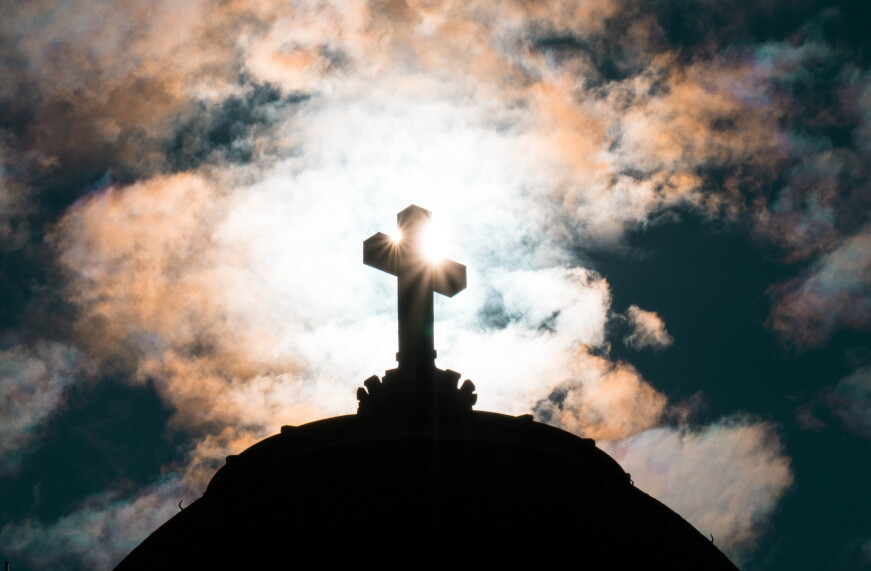Our Youngest Generation

Your faithfulness endures to all generations
- Psalm 119:90
It is a great joy to be assured that the Lord’s faithfulness endures to all generations. Have you ever sat and pondered that?
Well, for a few minutes I invite you to ponder with me our youngest generation at Christ Church, the little souls who come through the door (or over the counter!) and into the church nursery.
These wonderful little people are a joy to be with. Yes, they are fun to hold, read stories to, play trucks with, and all the other activities that make up a room full of 6-month- to 3-year-olds. Yet more than all that,they remind us of our responsibility as a church family to nourish each other in our faith, to continue to tell the stories that we know so well, and to pass them down to the next generation.
Do you know what goes on during the time we have the children in the nursery? We worship with them! Yes. It may sound a little silly, however we start the morning with worship around the table. As the weeks have progressed, we have seen how the structure and rhythms have helped the children feel settled. Plus worship with 1-, 2-, and 3-year-olds is always fun -- think hand motions, off-key singing, and general merriment. We certainly do make a joyful noise to the Lord!
Next, we move to story time and response. We tell a short story and often have a coloring page that mirrors the sermon. Even though our lessons are quite short, and our children are quite young, we do this all the time having faith that God's word will not go out in vain.
We end with social time, also known as play time. This is where relationships are formed and trust, community and love are developed.
Who would've thought the church nursery could provide a small picture of the larger church!
As I close, I would ask that you pray this week for our families, especially those with children under five. As we have discovered whilst reopening the nursery, this year of COVID has been particularly hard on them. Pray that the nursery will be a place of peace. Pray that the joy of the Lord will be evident to all those who use the nursery or serve in there.
Photo by Sergiu Vălenaș on Unsplash


